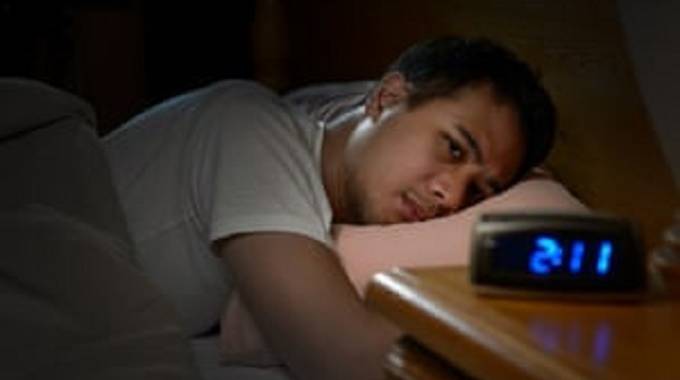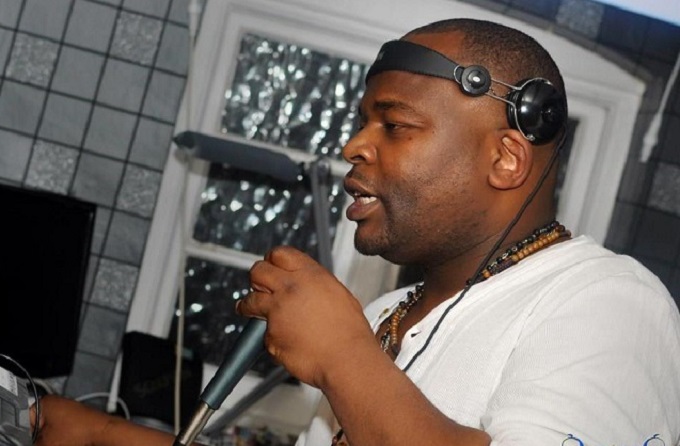Health: Understanding lack of sleep

Charity Mvere
Most people in their lifetime will have some difficulty falling asleep occasionally. Almost everyone knows what it feels to still be awake staring at the ceiling and wishing for sleep.
This can happen when you travel and experience jet lag, or when you’re anxious and overwhelmed by life circumstances. However, if difficulty falling asleep occurs either frequently or steadily sometimes for hours at a time, for months the individual may have insomnia.
Insomnia is a sleep disorder that is characterised by difficulty falling asleep. People with insomnia have one or more of the following symptoms:
– Difficulty falling asleep
– Difficulty staying asleep (waking up during the night and having trouble returning to sleep)
– Waking up too early in the morning
– Unrefreshing sleep (also called “non-restorative sleep)
– Fatigue or low energy
– Cognitive impairment, such as difficulty concentrating
– Mood disturbance, such as feeling impulsive or aggression
– Difficulty at work or school
– Difficulty in personal relationships, including family, friends and caregivers
The duration of insomnia is important. Doctors consider insomnia chronic if it occurs at least three nights per week for three months or longer.
There are two types of insomnia: primary insomnia and secondary insomnia. Primary insomnia means that a person is having sleep problems that are not directly associated with any other health condition or problem.
Insomnia can be triggered by your behaviours and sleep patterns. Unhealthy lifestyles and sleep habits can create insomnia on their own or may make insomnia caused by another problem worse.
Some examples of how specific lifestyles and sleep habits can lead to insomnia are; working at home in the evenings. This can make it hard to unwind, and it can also make you feel preoccupied when it comes time to sleep. The light from your computer could also make your brain more alert.
Another example is that you take naps (even if they are short) in the afternoon.
Short naps can be helpful for some people, but for others they make it difficult to fall asleep at night.
Shift workers can develop problems because their sleep cycle is interrupted due to resetting of our internal body clock that controls the time of day that hormones are produced, also, the timing of other routine body functions such as urination, and exposure to light and darkness are altered because of schedule changes.
Secondary insomnia means that a person is having sleep problems because of something else, such as a health condition like asthma, depression, arthritis, cancer, chronic pain, lower back pain, medication they are taking or a substance they are using like alcohol.
Medications such as those taken for the common cold and nasal allergies, high blood pressure, asthma and depression can also cause insomnia. Psychological conditions such as depression can cause insomnia, they can make it hard to sleep, insomnia itself can bring on changes in mood, and shifts in hormones and physiology can also trigger or worsen depression.
It’s important to know that symptoms of depression such as low energy, loss of interest or motivation, feelings of sadness or hopelessness and insomnia can be linked, and one can make the other worse. The good news is that both are treatable regardless of which came first.
Anxiety can also cause insomnia.
Most adults have had some trouble sleeping because they feel worried or nervous, but for some it’s a pattern that interferes with sleep on a regular basis. Anxiety symptoms that can lead to insomnia include; tension, getting caught up in thoughts about past events, excessive worrying about the future events or feeling overwhelmed by responsibilities.
When this happens for many nights, you might start to feel anxious, or panic at just the prospect of not sleeping. This is how anxiety and insomnia can feed into each other and become a cycle that should be interrupted through treatment.
Another secondary cause of insomnia which is usually overlooked is intake of certain substances and foods. Alcohol is a sedative. It can make you asleep initially, but may disrupt your sleep later in the night.
Caffeine is a stimulant. Most people understand the alerting power of caffeine and use it in the morning to help them start the day and feel productive. Caffeine in moderation is fine for most people, but excessive caffeine can cause insomnia. Caffeine can stay in your system for as long as eight hours, so effects are long lasting.
If you have insomnia do not consume food or drinks with caffeine too close to bedtime. Nicotine is also a stimulant and can cause insomnia.
Smoking cigarettes or tobacco products close to bedtime can make it hard to fall asleep and to sleep well through the night.
Heavy meals close to bedtime can disrupt your sleep. Spicy food can also cause heartburn and interfere with your sleep.
In some cases, insomnia can be caused by certain neurotransmitters in the brain that are known to be involved with sleep and wakefulness.
There are many possible chemical interactions in the brain that could interfere with sleep and may explain why some people are biologically prone to insomnia and seem to struggle with sleep for many years without any identifiable cause.
They are many dangers associated with lack of sleep.
Lack of sleep can be life threatening, for example, car accidents, personal problems, poor job performance, injuries, memory problems, and mood disorders have been linked to poor sleep.
In addition, researchers have concluded sleep disorders likely contribute to heart disease, obesity, and diabetes.
It is important to address insomnia instead of letting it become the norm. If lifestyle and unhealthy sleep habits are the cause of insomnia, there are cognitive behavioural techniques that can help.
If you have tried to change your sleep behaviours and it hasn’t worked, it’s important to take it seriously and talk to your doctor, who will assist you through providing treatment or refer you to a psychologist of psychiatrist for treatment.
Charity Mvere, who holds a Msc in Counselling Psychology is a Senior Pastor at Abounding Grace Ministries International, Founder and Director of Christian Counselling and Depression Trust. Christian Counselling and Depression Trust is a non-profit making organisation based in Bulawayo, whose primary purpose is to raise awareness on mental health disorders as well as provide Christian Counselling. He can be contacted on 0715 882 789/0717 637 160 email [email protected]









Comments